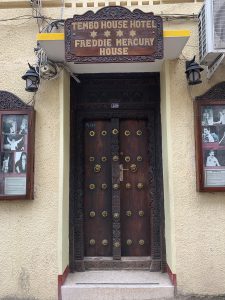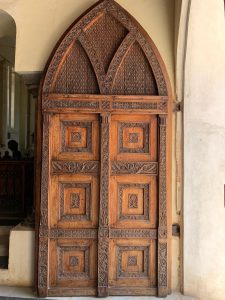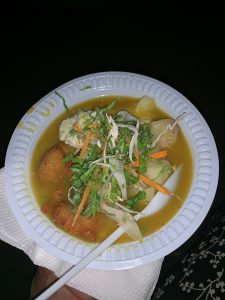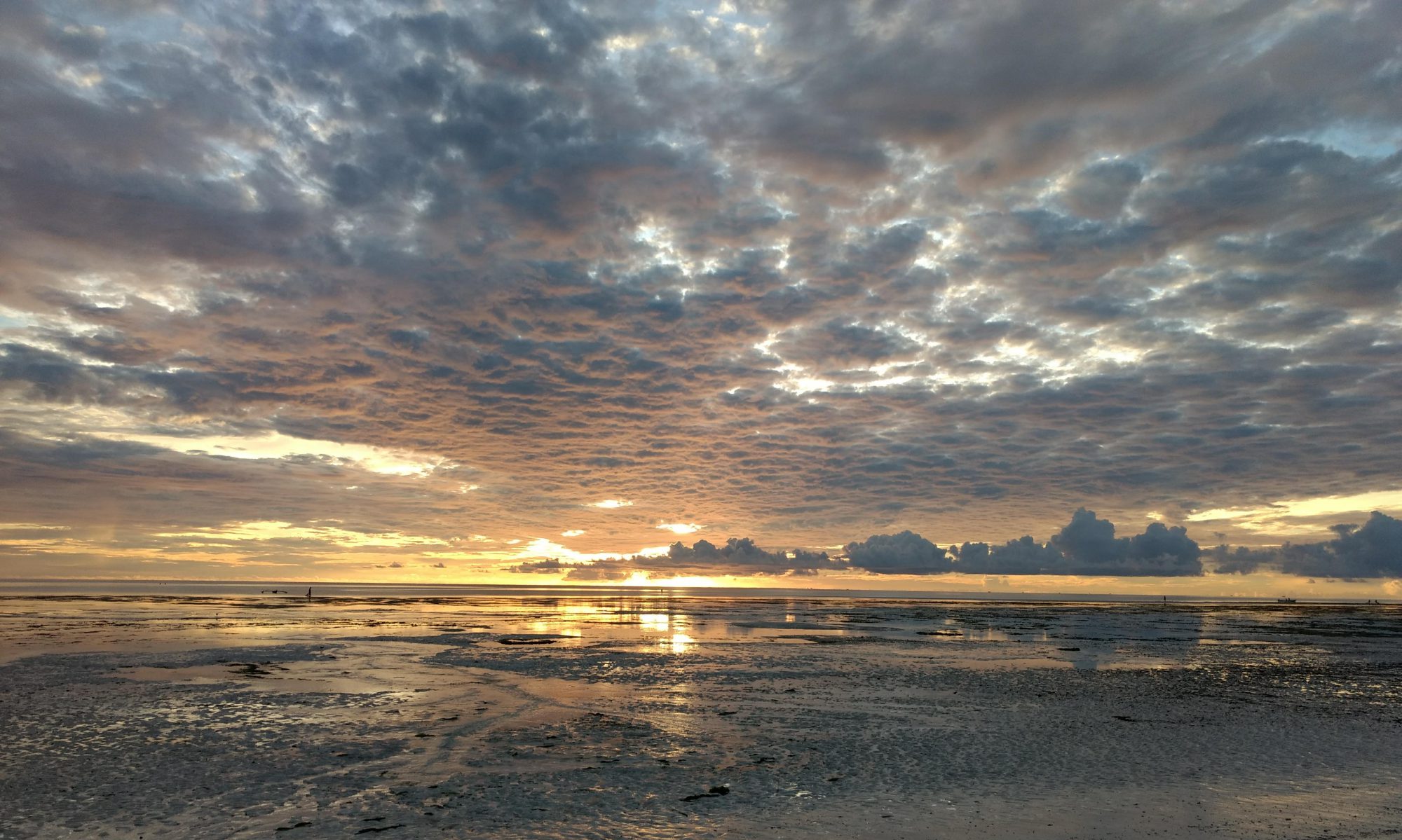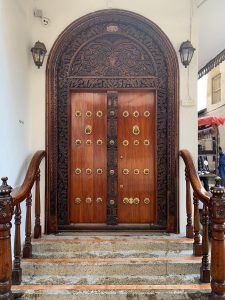I’ve been in Zanzibar now for 4 weeks and to summarize, it’s been both the best and the worst 4 weeks I’ve had in many years. For starters, my iphone got stolen about two weeks ago while being out with some friends in Stone Town. And when I was trying to reclaim it, I fell and injured my elbow. So for the past weeks my days have consisted of going back and forth to the doctor and to the police station to get updates and hear about the proceedings of finding my phone. I also discovered early on that I need a research permit here in order to interview people in Zanzibar. Which has led me to also spend a lot of time going to different ministries, institutions and banks to fill out papers. Although it’s been stressful having to spend my time going to various places, having contact with the authorities here has given me an insight on how the bureaucracy works in another country. An experience I think I wouldn’t of had if I was “sliding on a räkmacka”.
On more positive notes, I’ve finally gotten my research permit (yay!), met so many amazing people and have been surrounded by the most stunning environment and scenery. Being the language enthusiast that I am, I also started a 20-hour kiswahili class at the State University of Zanzibar (SUZA). I’ve come to love the language and its’ logical grammar structure and from my experience, Kiswahili is a really easy language to learn. In the following weeks I hope to learn even more swahili and maybe even continue with self-studies when I’m back home in Sweden.
Being injured and living on a paradise island doesn’t give you the best motivation to study but luckily now that I’ve gotten my research permit and my elbow has healed, I can focus all on my studies and also proceed with doing interviews in the coming weeks.
Badaaye (see you)
